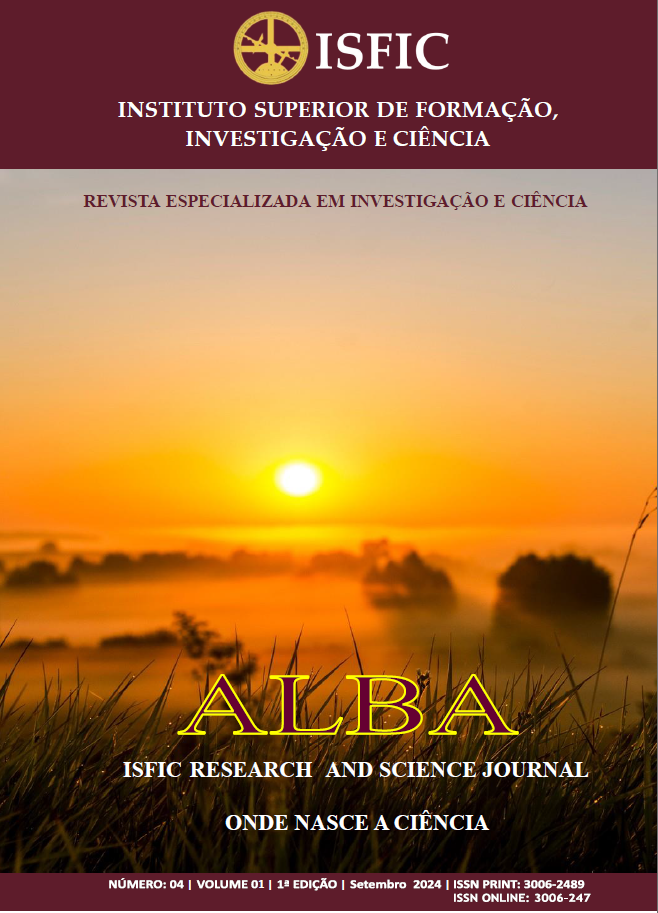Foreign direct investments (FDI) in the industrial sector in Angola in the creation of new jobs. Period 2020-2022
Keywords:
Foreign Direct Investment (FDI), Industry, LaborAbstract
This research has as its general objective “Foreign Direct Investments (FDI) in the Industrial Sector in Angola in the Creation of New Jobs. Period 2020-2022”. Supported by the general objective of analyzing the impacts of FDI on the industrial sector; the jobs created by FDI in the Industrial sector; Industrial activities; The regions of FDI allocation in the sector. Data was collected from primary and secondary sources; As for the methodology, we opted for the descriptive method with a quantitative and qualitative approach, and as a data processing tool, Microsoft Excel was used. The results showed that FDI in the industrial sector in the period under analysis was reasonable, highlighted in some industrial activities such as: The construction and operationalization of a 100,000 barrels per day conversion refinery, which obtained a considerable FDI value, following the Manufacturing activities of agricultural inputs including fertilizers, pesticides and other substances necessary for agriculture, with considerable FDI, followed by industrial activities; As for the creation of new jobs, the sector is still insignificant, so it can be considered one of the solutions for reducing unemployment, for the period under analysis FDI in the industrial sector created around jobs for Nationals. Note that FDI in the sector continues to be focused on the oil sector, which could mean that other non-extractive sectors of activity do not advance considerably, and as for the regions of the country that continue to record volume of FDI for the sector, the preference has been more for the capital Luanda.
Downloads
References
AIPEX. (2020-2022). Fonte: http://www.aipex.gov.ao/PortalAIPEX.
Cavusgil, S., Knight, , G., & Riesenberger, J. (2010). Negócios Internacionais: Estratégia, Gestão e novas realidades.
Hymer. S. H. (1970). The Efficiency (Contradictions) of Multinational Corporations. American Economic Review Vol. 60, nº 2, May, pp. 441-48.
Kunietama, H. N. (Julho de 2014). O Impacto do Investimento Direto Estrangeiro no Crescimento Económico de Angola. Porto.
Zheng, J., & Sheng, P. (6 de Março de 2017). O Impacto do Investimento Directo (IDE) sobre o Meio Ambiente: Prespectiva de Mercado e Evidências da China.
(INE), I. N. (2020). Indicadores de Emprego e Desemprego: Inquerito do Emprego em Angola.
Coutinho, L. A especialização regressiva: um balanço do desempenho industrial pós-estabilização. In: Velloso, J. P. R. Brasil: Desafios de um País em Transformação. Rio de Janeiro: José Olympio, 1997. p. 81-106.







